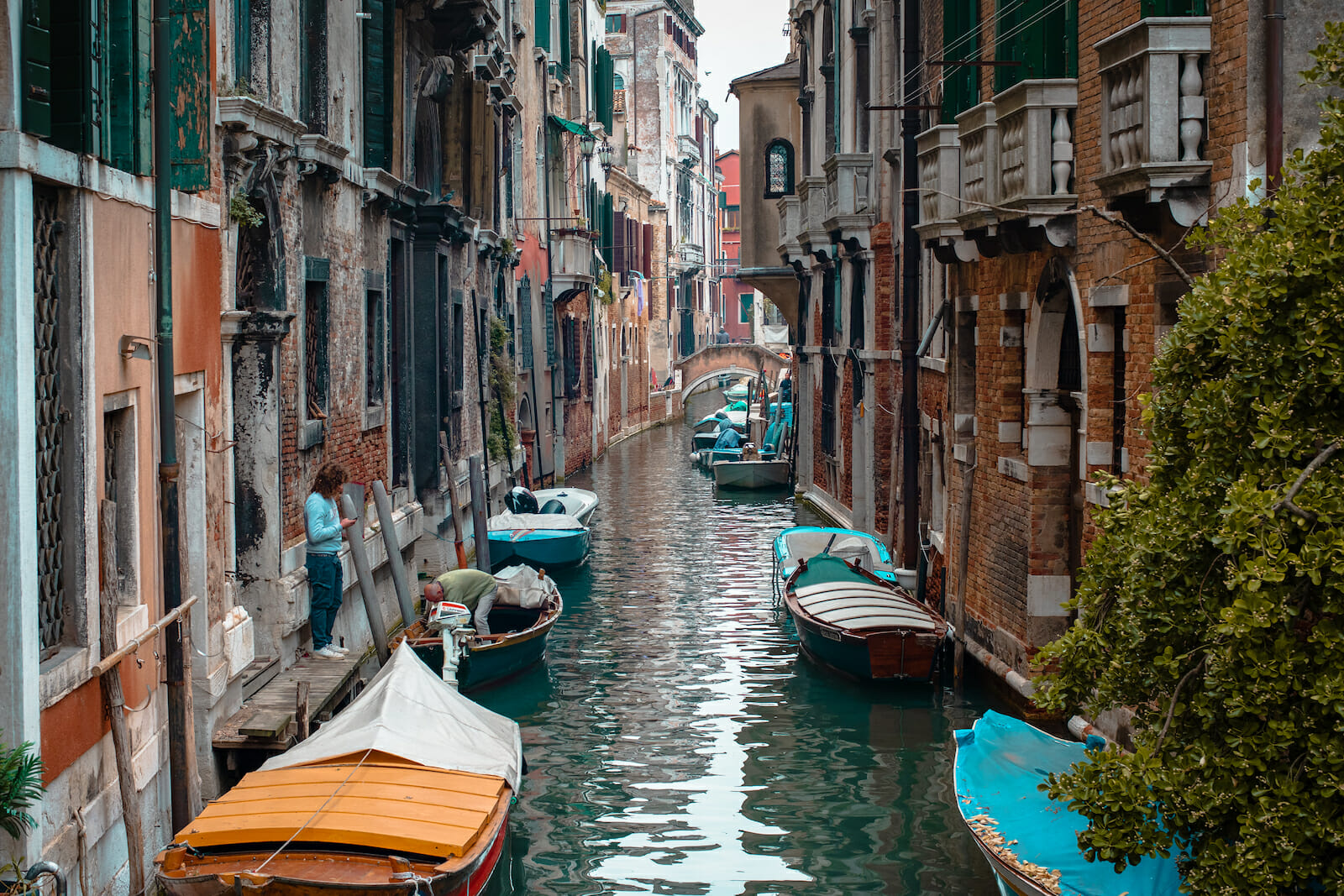
How COVID-19 Could Impact Air and Water Quality
As COVID-19 continues as a global pandemic, people, businesses and ways of life are being severely disrupted — and no one knows for how long. However, the outcomes are not wholly bleak. Researchers have already identified a link between improved air and water quality and COVID-19.
COVID-19 lockdowns are causing air quality improvements
Many of the most publicized positives associated with the COVID-19 outbreak relate to air pollution reductions. By early April, the AFP reported that half the world’s population was asked or ordered to stay at home as government leaders fought to contain the spread.
Satellite images from the European Space Agency captured visual representations of nitrogen oxide counts in European and Asian industrial centers. They indicated a substantial decrease from levels a year ago across only six weeks in 2020.
Also, CNN reported how Dr. Yifang Zhu, an environmental health sciences professor at the University of California, Los Angeles (UCLA), teamed up with colleagues to examine Southern California air quality from March 16 to April 6. They found a 20% improvement during that span, even though three days of it occurred before the state’s lockdown.
Living in an area with poor air quality makes a coronavirus fatality more likely
Health experts around the world are racing to figure out what makes some areas especially hard hit as the coronavirus outbreak persists. A research team at Harvard University believes low air quality is to blame for higher death rates.
The researchers gathered data from 3,000 U.S. counties representing 98% of the country’s population. Their results showed that long-term exposure to air with more particulate matter increased the risk of dying from COVID-19 by 15%.
The COVID-19 crisis could have unintended ill effects on the planet
Despite the advantageous air quality outcomes mentioned above, some people are afraid that emissions will quickly return to previous levels — or even worse ones — after the lockdowns cease. Plus, some advocates fighting against Earth pollution worry about climate policies getting put on hold as decision-makers set aside funds for other purposes.
For example, April 1 saw the postponement of the COP26 UN climate change conference, due to happen in Glasgow, Scotland, this November. Organizers have not set a new date.
Christian Egenhofer, a senior research fellow at the Energy, Resources and Climate Change Unit at the Centre for European Policy Studies, noted: “We might lose half a year to a year in climate negotiations. Finances that have been earmarked for climate will go to other activities. For the next two years, all politicians will be focused on relaunching the economy.”
Another worrisome development is that the U.S. Environmental Protection Agency (EPA) announced it would treat civil noncompliance infractions differently due to COVID-19.
For example, it will not penalize parties for some shortcomings related to water quality monitoring and reporting. However, it still expects those entities to ensure the water is safe for human consumption.
Those relaxed rules could have unforeseen implications that will take years to rectify. It’s also possible that companies that were already trying to skirt the requirements will feel even more empowered to do so now.
There’s a link between the coronavirus and water infrastructure
People who have unlimited access to clean water often overlook the role it plays in numerous aspects of society. For example, beverage makers know that chloride, sulfate and other anions adversely affect the taste of many drinks, including wine and beer. Thus, manufacturers rely on reverse osmosis and other purification techniques to ensure consistent quality.
During the fight against the coronavirus, health experts repeatedly say washing hands for 20-30 seconds is one of the best ways to stay healthy. What about if a person does not have access to clean water? Then, using any contaminated supplies to try and safeguard against the coronavirus could lead to other health consequences, such as diarrhea.
During coverage of World Water Day, the United Nations Office for the Coordination of Humanitarian Affairs (OCHA) emphasized the need for clean water around the world. It mentioned how 40% of people globally don’t have basic handwashing facilities at home. Moreover, women and girls travel to collect water about 80% of the time, often enduring lengthy and dangerous trips.
Even in developed nations, handwashing is often impossible for homeless people. In American cities like Austin, apps exist that show people where they can go to wash their hands. However, the homeless often doesn’t have Internet access.
Animals return to Venice canals due to less sediment near the surface
With so much emphasis on air and water quality changes due to the coronavirus, there’s also a chance that people could wrongly attribute a new aspect to improved water quality. For example, some fish and bird species came back to the canals in Venice, suggesting a bright spot in Italy’s tough coronavirus fight.
However, a researcher who studies Venice lagoons told ABC News that the recent low water turbidity does not equal cleanliness. Reduced sediment pushed to the surface from boat traffic made the water appear clearer instead.
Could air and water quality changes lead to long-term action?
Since evidence shows the positive things that could happen over a short period, perhaps more lawmakers will take action concerning the matters outlined here. However, activists must continue putting pressure on them to increase that likelihood.

